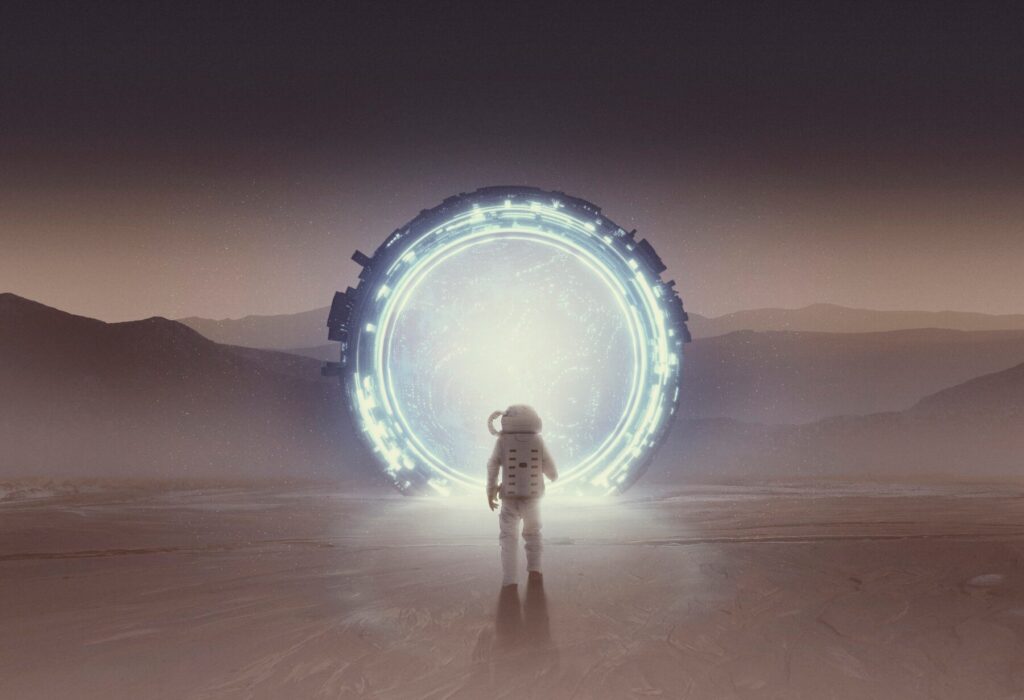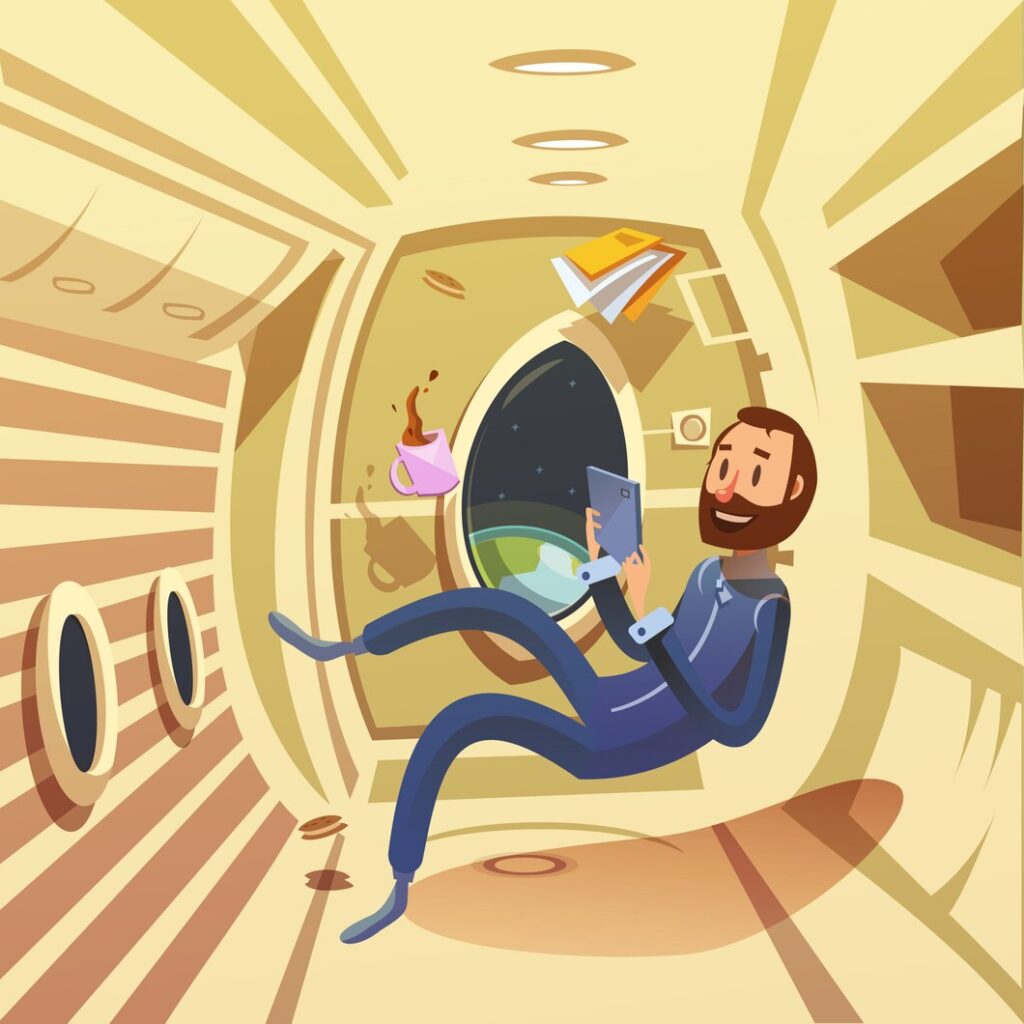The concept of time travel has long fascinated humans, captivating the imagination of scientists, philosophers, and the general public alike. This enduring fascination stems from humanity’s innate curiosity about the nature of time and the possibilities that lie beyond the constraints of our everyday experiences.

As we reflect on the idea of time travel, we are reminded of the profound impact it could have on our understanding of the universe and our place within it. Theoretical physics has provided a foundation for exploring the possibilities of time travel, from Einstein’s theory of relativity to the concept of wormholes and exotic matter.
While the scientific community continues to debate the feasibility of time travel, the exploration of this concept has already led to significant advances in our understanding of the universe and the laws of physics. The study of time travel has inspired new areas of research, from quantum mechanics to cosmology, and has challenged our understanding of the fundamental nature of time and space.
The allure of time travel lies not only in its potential to revolutionize our understanding of the universe but also in its ability to capture our imagination and inspire new generations of scientists, philosophers, and explorers. As we continue to explore the mysteries of time and space, we are reminded of the boundless potential of human curiosity and ingenuity.

Ultimately, the concept of time travel serves as a powerful reminder of the complexities and mysteries that still surround us. As we strive to unravel the secrets of the universe, we are drawn back to the profound questions that have captivated human imagination for centuries: What is the nature of time? What lies beyond the boundaries of our reality? And what possibilities await us in the vast expanse of the universe?
One of the most well-known theories related to time travel is Einstein’s theory of relativity. According to this theory, time is relative, and its passage depends on the observer’s frame of reference. Time can be affected by gravity and motion, leading to phenomena such.
as time dilation, where time appears to slow down or speed up depending on the strength of the gravitational field or the velocity of the observer.
Time dilation has been experimentally confirmed in various contexts, including in high-speed particle accelerators and in observations of celestial objects. For example, astronauts on the International Space Station experience time dilation due to their high-speed motion and their position in a weaker gravitational field than on Earth.
Another concept related to time travel is wormholes, hypothetical shortcuts through spacetime that could potentially connect two distant points in space and time. While wormholes are still purely theoretical, they have been the subject of much speculation and debate in the scientific community.
Some theories, such as quantum mechanics and certain interpretations of general relativity, suggest the possibility of closed timelike curves, which would allow for time travel. However, these ideas are still highly speculative and are the subject of ongoing research and debate.
In addition to theoretical frameworks, there have been various experiments and observations that have been interpreted as evidence for time travel. For example, some particles have been observed to travel faster than light, which could potentially be used to send information back in time.
However, these observations are highly controversial and require further confirmation. Moreover, even if they are confirmed, it is unclear whether they could be used to send macroscopic objects, such as humans, through time.
One of the most significant challenges to time travel is the grandfather paradox, which suggests that if time travel were possible, it would be possible to go back in time and kill one’s own grandfather before he had children, thereby preventing one’s own birth. This paradox highlights the potential problems with backward causation and the consistency of the timeline.

Despite these challenges, many scientists and theorists continue to explore the possibility of time travel. Some have proposed various methods for achieving time travel, such as using black holes or exotic matter.
However, these proposals are highly speculative and require further research and development. Moreover, even if time travel were possible, it is unclear whether it would be feasible or safe.
The study of time travel is closely related to our understanding of the fundamental laws of physics, including quantum mechanics and general relativity. Advances in our understanding of these laws could potentially shed new light on the possibility of time travel.
In conclusion, while time travel remains a topic of speculation and debate, it continues to fascinate and inspire scientists and the general public alike. Whether or not time travel is ultimately possible, the exploration of this concept has already led to significant advances in our understanding of the universe and the laws of physics.

The study of time travel has forced us to confront the fundamental nature of time itself, and the ways in which it is intertwined with space and gravity. The development of theories such as relativity and quantum mechanics has opened up new avenues of research, and has led to a deeper understanding of the universe and its workings.
Moreover, the exploration of time travel has also inspired new technologies and innovations, from advanced propulsion systems to exotic forms of energy. While these technologies may not yet be capable of transporting us through time, they have the potential to revolutionize our daily lives and transform our understanding of the universe.
Ultimately, the concept of time travel remains a powerful tool for exploring the boundaries of human knowledge and imagination. Whether or not it is ultimately possible, the journey itself is a valuable one, leading us to new insights, new discoveries, and a deeper understanding of the universe and our place within it.
As we continue to explore the mysteries of time and space, we are reminded of the profound complexity and beauty of the universe. The study of time travel is a testament to human curiosity and ingenuity,
and a reminder that even the most seemingly impossible ideas can lead to groundbreaking discoveries and a deeper understanding of the world around us.
